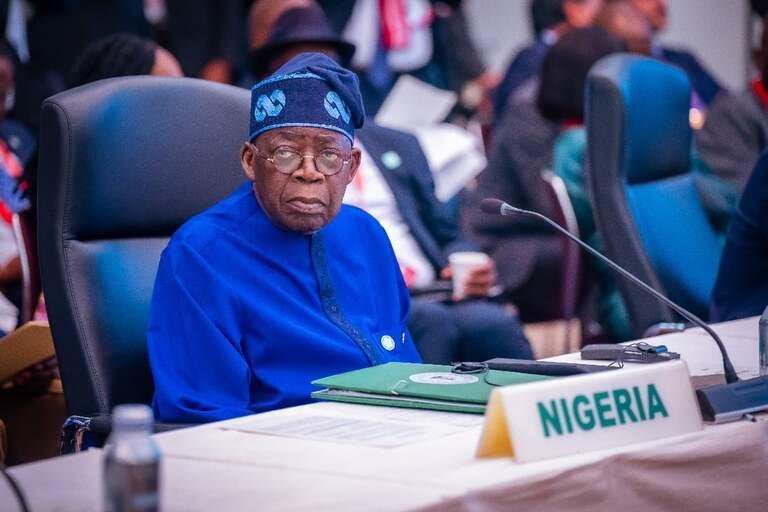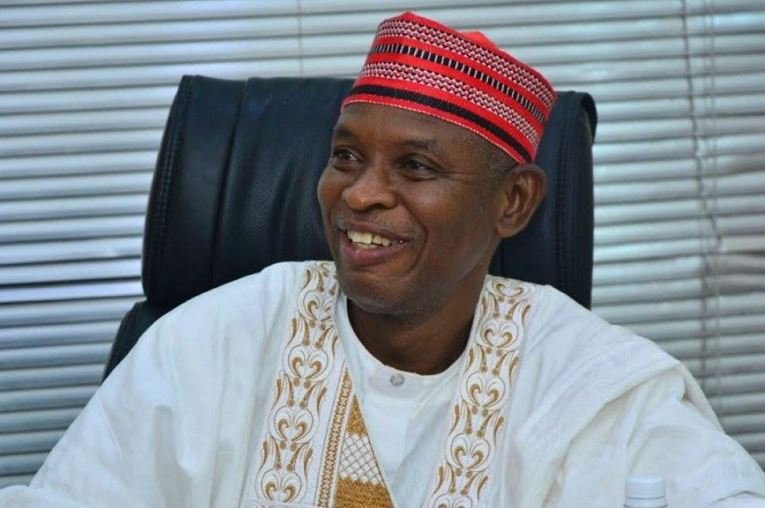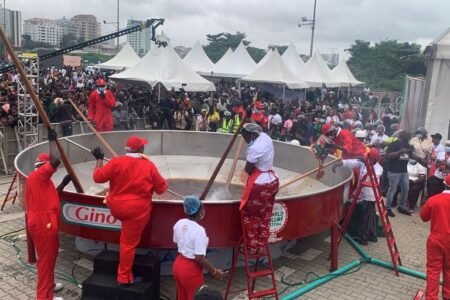The Revenue Mobilisation Allocation and Fiscal Commission (RMAFC) has announced plans to review the pay of political, public, and judicial office holders—a move that has triggered fierce criticism across Nigeria.
Speaking at a retreat in Kano, Chairman of the Remuneration and Monetisation Committee, Mohammed Usman, defended the exercise as necessary for the sustainability of Nigeria’s governance structure. He revealed that President Bola Tinubu currently earns ₦1.5 million monthly, while ministers receive less than ₦1 million—figures unchanged since 2008.
Usman argued that the review, backed by the 1999 Constitution, was not just about raising figures but about ensuring affordability and long-term balance.
But the announcement has sparked a storm. Former Labour Party presidential candidate Peter Obi branded the proposal “a shameless grab for more at the expense of Nigeria’s struggling majority,” warning that it highlights the widening gulf between leaders and citizens.
The Labour Party, in a statement by its Interim National Publicity Secretary Tony Akeni, described the move as “an insult to the intelligence of Nigerians,” insisting that the quoted salary figures were misleading.
Civil society voices also joined the backlash. Founder of Follow the Money, Hamzat Lawal, speaking on Channels TV, urged politicians seeking higher pay to “resign and find work in the private sector.” He described the push as insensitive, politically risky for President Tinubu, and at odds with his earlier call for national sacrifice.
“Why is it only citizens who must tighten their belts? Why don’t political office holders make the same sacrifices?” Lawal asked.
As Nigerians grapple with soaring inflation, unemployment, and a rising cost of living, the RMAFC’s proposal has become a lightning rod for anger, raising questions about leadership priorities in a time of national economic strain.











